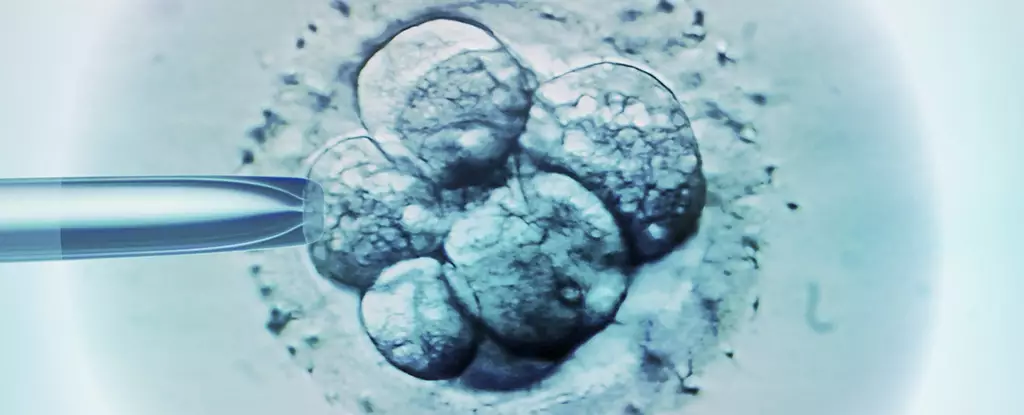A groundbreaking new study has revealed that synthetic human embryo models have been successfully grown in the lab without eggs and sperm, leading to exciting new possibilities in genetics, health and disease treatment. However, the research has also raised ethical concerns, particularly around the lack of regulations to control this kind of research.
How the Synthetic Embryos Were Created
Researchers led by biologist Magdalena Żernicka-Goetz from the University of Cambridge grew the embryo structures from stem cells cultured from a traditional embryo in the lab. The team carefully coaxed the stem cells into becoming precursor cells that would eventually become the yolk sac, the placenta, and then the actual embryo itself. Last year, the same team successfully grew synthetic mouse embryos with primitive brains and hearts.
Potential Benefits of the Research
While we are still far from creating babies artificially, the study offers promise in understanding why many pregnancies fail at around the stage these artificial embryos replicate. If the earliest moments of pregnancy can be studied in the lab, scientists can gain a better understanding of them. Additionally, the research could help us learn more about genetic disorders in the earliest stages of life, which could lead to better treatment options.
Ethical Concerns
While the potential benefits of the research are exciting, there are also ethical concerns surrounding the lack of regulations to control this kind of research. At present, there is a ’14-day rule’ that limits the use of human embryos in the lab, requiring that human embryos can only be cultivated in vitro for a maximum of two weeks. However, with the creation of synthetic human embryos, new regulations may be needed to control this emerging technology.
The creation of synthetic human embryos in the lab is a major scientific achievement that offers exciting possibilities in genetics, health, and disease treatment. However, the lack of regulations around this emerging technology raises serious ethical concerns. Society needs to engage in discussions around the risks and benefits of this approach and update legislation accordingly. The biological processes involved in early human development are deeply tied to our values and what we consider to be human life, and it is important to consider these issues carefully as this research continues to develop.



Leave a Reply